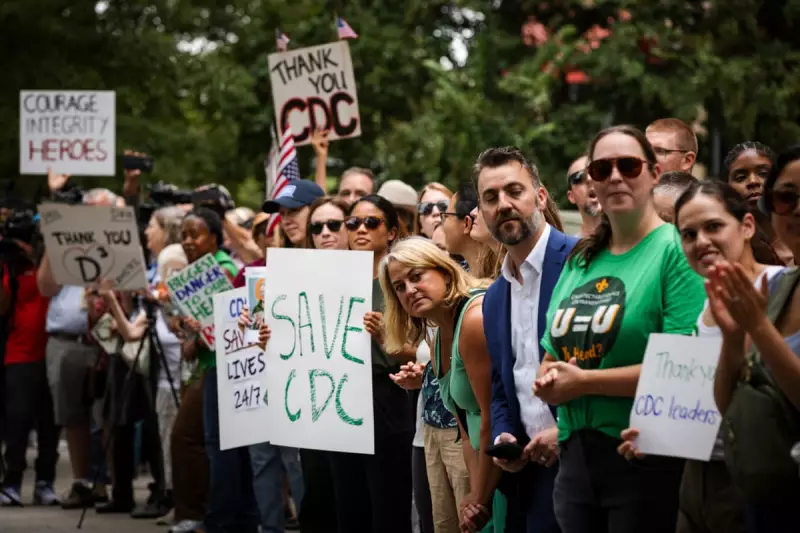
The Centers for Disease Control and Prevention (CDC), America's frontline defence against public health threats, is facing an unprecedented operational crisis that threatens to undermine the nation's pandemic readiness.
Agency in Paralysis
According to internal sources and official documents, a comprehensive federal hiring freeze has left the CDC unable to fill dozens of critical positions, creating dangerous gaps in the agency's capacity to respond to emerging health emergencies. The freeze, implemented across multiple government departments, has particularly severe implications for public health infrastructure.
Critical Roles Left Vacant
The staffing crisis affects multiple essential areas:
- Emergency response teams responsible for outbreak investigation
- Laboratory scientists specialising in pathogen detection
- Epidemiologists tracking disease patterns
- Public communication experts crucial during health crises
One senior official, speaking on condition of anonymity, described the situation as "the worst staffing crisis in recent memory," noting that the agency is "operating with one hand tied behind its back."
Impact on Pandemic Preparedness
Public health experts are raising alarm bells about the potential consequences. "When the next pandemic hits, we cannot afford to have empty chairs in our emergency operations centre," warned Dr. Amanda Fisher, a former CDC consultant. "This freeze isn't just bureaucratic red tape—it's a direct threat to national security."
Broader Government Implications
The CDC's predicament reflects a wider pattern across federal agencies, where hiring restrictions are creating operational bottlenecks. However, the stakes are particularly high for public health, where expertise and rapid response capabilities can mean the difference between contained outbreaks and widespread crises.
As the situation continues to unfold, questions mount about how long the nation's primary health protection agency can maintain its vigilance while being systematically starved of essential personnel.





